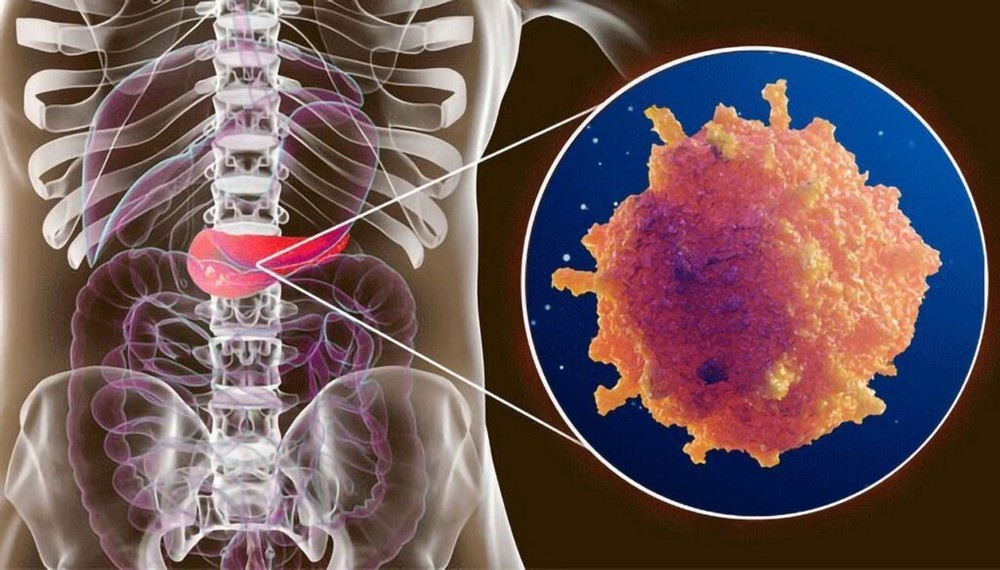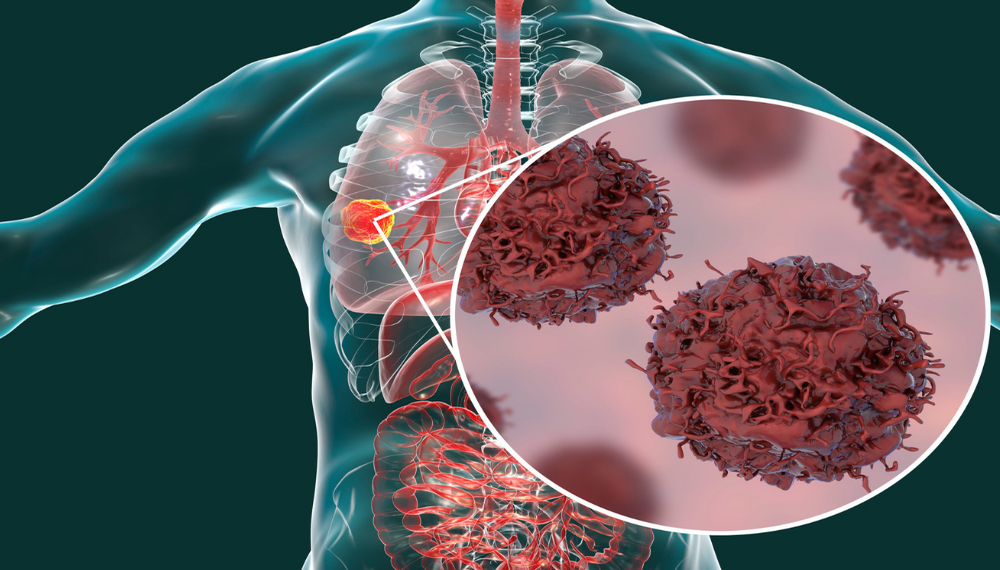Antimicrobials resistance awareness and to encourage best practices among the general public is the aim of this week, health workers and policy makers to avoid further emergence of drug-resistant infection.

Antimicrobial resistance occurs when microbes such as bacteria, virus, fungi and parasites resist the effect of medications, making infections harder to treat thereby increasing the risk of disease spread, severe illness and death.
Antimicrobial include antibiotics, antifungal, antiviral and antiprotozoal medications.
Factors contributing to antimicrobial resistance include:
- Human overuse of antimicrobial; the global consumption of antibiotic in human health has increased by 65% between 2000 – 2015 according to WHO.
- Antibiotics use in livestock and agriculture
- Poor access to clean water, sanitation and hygiene.
- The emergence of COVID-19 pandemic.
of the key objective of the world antimicrobial week to combat antimicrobial resistance is to improve awareness and understanding of microbial resistance through effective communication, education and training.
WAYS TO TACKLE ANTIMICROBIAL RESISTANCE
To The General Public
Increase awareness of frequent handwashing and sanitization to prevent the spread of resistant strain of microbes from one person to another.
Increase vaccination use.
Stop the abuse of antimicrobials by using them only when there is an indication for it and only when prescribed by a physician. Also ensuring that antimicrobials are used at the right dose and duration as prescribed by the physician.
People should understand that antimicrobials should not be passed to friends and family even when their symptoms are similar.
To Health workers
Health workers/prescribers should only prescribe antimicrobials when there is laboratory evidence backing it up.
Prescribers should not be pressured into prescribing antimicrobials that are not necessary by the patients.
Prescribers should not practice using “sledge hammer to kill ants” when prescribing antimicrobials. Use of simple antimicrobials to treat simple infections is recommended and reserve more powerful antimicrobials for chronic infections.
To Policy Makers
Create policies to limit access to antimicrobials by the general public and also ensure enforcement of these policies.
Push for the need for vaccination to prevent antimicrobial overuse.
In conclusion:
We can all see that everyone has a role to play in raising awareness of global antimicrobial resistance and making the world antimicrobial resistance free.




